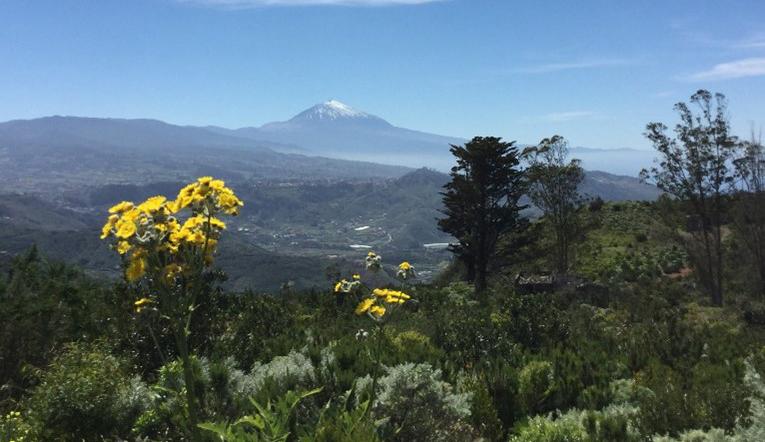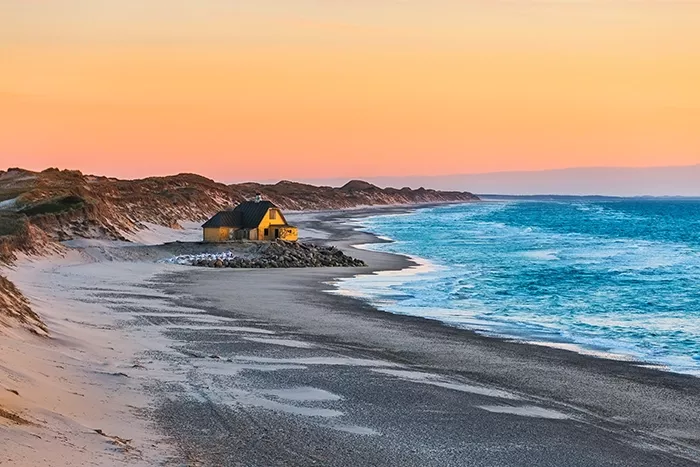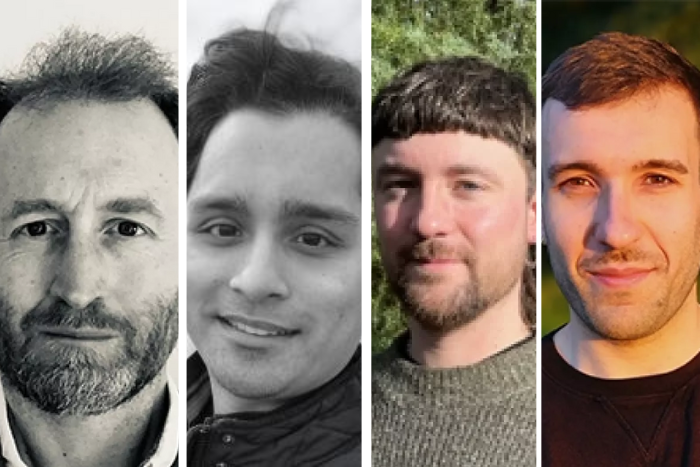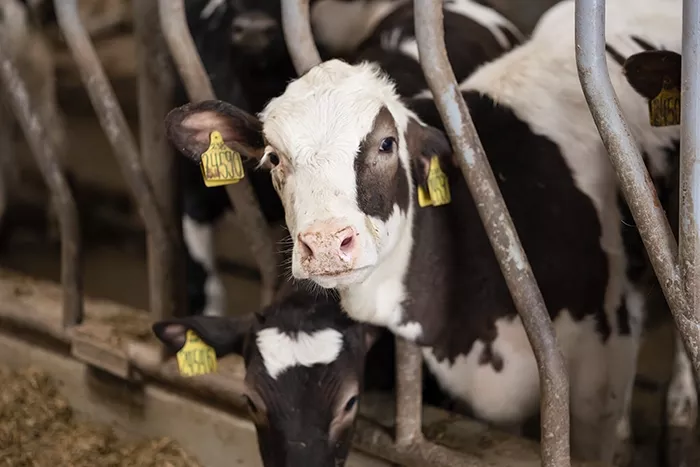In an article for The Conversation, Florian Steig, DPhil candidate at the School of Geography and the Environment, unpacks what Danish climate migration drama, Families Like Ours, gets wrong about rising sea levels.
News
Epicentre of major Amazon droughts and fires saw 2.5 billion trees and vines killed
A major drought and forest fires in the Amazon rainforest killed billions of trees and plants and turned one of the world's largest carbon sinks into one of its biggest polluters. Examining the Amazonian epicentre of the El Niño - Brazil's Lower Tapajós, an eastern Amazonia area around twice the size of Belgium - the research team, led by scientists from Lancaster University, the Environmental Change Insitute, University of Oxford, and The Brazilian Agricultural Research Corporation found the damage lasts for multiple years.
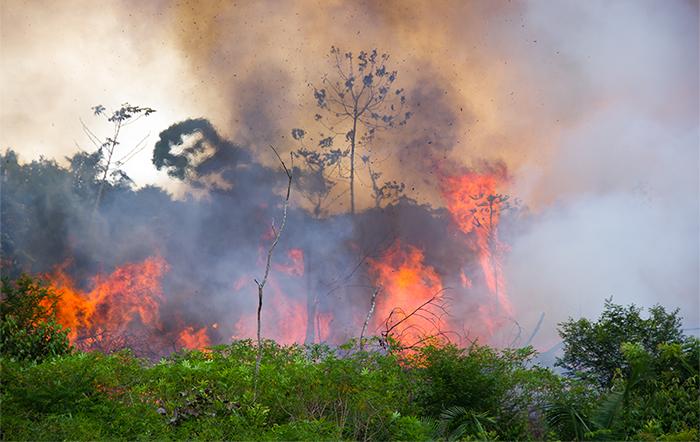
Meet Pete Archer, IT Systems and Support Officer
Pete is our Systems and Support Officer. He provides technical support and assistance as part of the School's IT team.
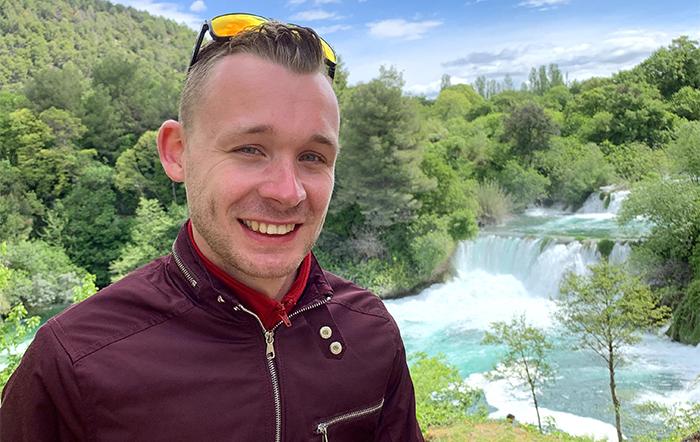
Lauren Neville is the University's Sustainability Photographer of the Year
Congratulations to Lauren Neville, DPhil Candidate in Geography and the Environment, whose winning picture, 'A Sweet Future' has won the University's Sustainability Photographer of the Year 2021 competition.
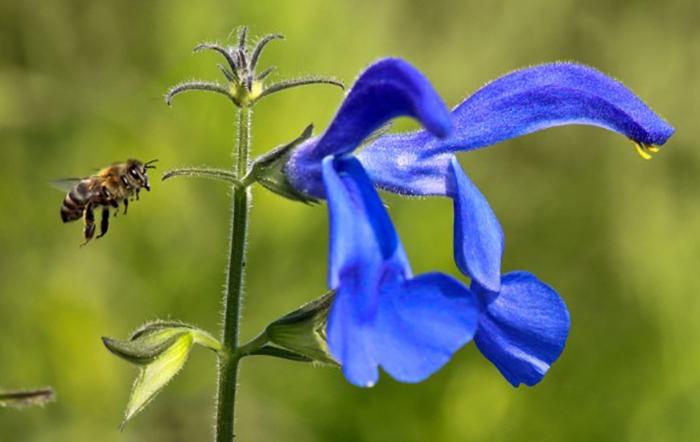
Vance Tan wins Oxford SU Impact Award
Vance Tan Zong Hao, a Bruneian doctoral student at the School of Geography and the Environment, was awarded the prestigious Impact Award from Oxford University Student Union (Oxford SU) on 20th June.

Splendid Isolation or Fish out of Water?
With Brexit, British fishing grew from a tool of the political class to a determinant of constitutional and political affairs, suggests a new interdisciplinary paper by Aadil Siddiqi, current MSc in Biodiversity, Conservation and Management student.

China and the UK: Making an international collaboration work
Working with colleagues on the other side of the world can mean a lot of challenges. There are differences in language, in time zone, in culture, even in the practise of doing science. But scientific collaborations, such as the one between Hong Zhang, Jenny Richards and Heather Viles at SoGE and Qinglin Guo's team at Dunhuang Academy in China, can also provide a wealth of benefits. In a new documentary by Nature, the two teams reflect on making this ambitious project work and how other teams could do the same.

Obsessing over electric cars is impeding the race to net zero: More active travel is essential
Dr Christian Brand, Senior Research Fellow and Associate Professor at the Environmental Change Institute and Transport Studies Unit, offers his expert opinion on electric vehicles and net zero in an article for the University.

G7: last chance to board the green pandemic recovery ship before it sails, say Oxford experts
Climate pledges at this week's G7 meeting of the world's major economies in Cornwall represent positive action, according to top environmental researchers at the University of Oxford. But, in response to the summit agenda, the climate experts call for strong leadership from the leading economies and insist the world needs to stop using fossil fuels now - if global warming is to be tackled effectively.

Enhancing urban life and heritage: Nature-based solutions in the city
'Nature' is currently widely considered a threat to built heritage. But a new paper from Oxford, by renowned heritage expert Professor Heather Viles and colleague Dr Martin Coombes, maintains that both the real and perceived risks can be overcome and nature-based solutions (NbS) adapted to bring the benefits of nature into urban heritage environments.

Evolutionary winners are ecological losers among oceanic island plants
Evolution of multiple species from a single colonizer is something that has happened repeatedly on oceanic islands. Such radiations, can lead to tens or even hundreds of distinct species, often occupying a range of very different habitats with the expectation that these 'evolutionary winners' will be species so well-tuned to their island environments that they should also be locally successful and abundant. In a new study in Journal of Biogeography, an international team including Prof Rob Whittaker, has shown that it may not be so simple.
